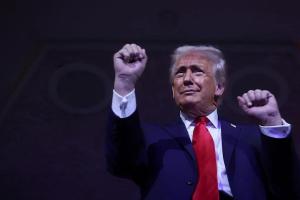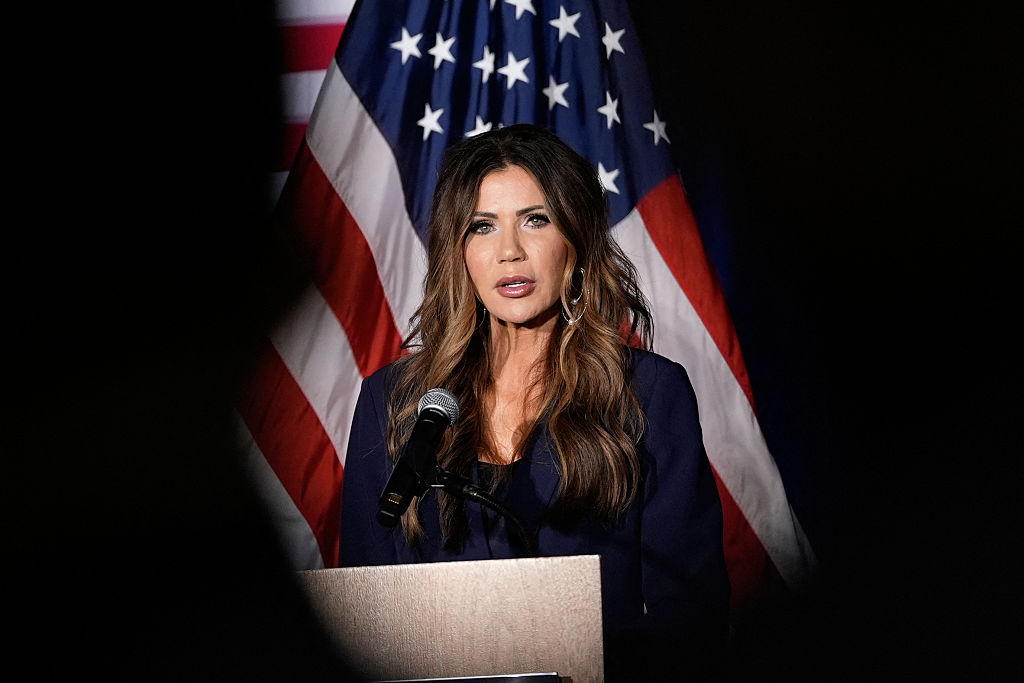Former vice president Dick Cheney, who died on Monday at age 84, loathed Donald Trump. In a 2022 election campaign ad for his daughter, Liz, a congresswoman from Wyoming, he declared: “In our nation’s 246-year history, there has never been an individual who is a greater threat to our republic than Donald Trump.” Yet Cheney was more responsible for Trump’s rise than almost anyone else in the Republican establishment. He helped to mastermind the calamitous Iraq War and preached the unitary executive theory of the presidency. Instead of vilifying Cheney, MAGA-world should offer him a bouquet of appreciation.
Recall that it was during the 2016 South Carolina primary that Trump first showed his real independence from the folderol surrounding the Iraq War. Trump created shock and awe by denouncing it. “The war in Iraq,” he said, “was a big, fat mistake.” Until then, Republicans had marched in lockstep beneath the George W. Bush banner.
After Trump’s abortive attempt to overturn the 2020 election, Liz Cheney headed a commission to expose his machinations. But it blew up in her face. The Cheney brood now became heroes to Democrats. During the 2024 election Kamala Harris was endorsed by Dick Cheney. Harris said that she was “honored” to have the backing of the “well-respected” Cheney. Well-respected? Harris was in essence effacing the true legacy of Cheney and the Iraq War. Writing in the New York Review of Books, Fintan O’Toole acutely notes that Trump had recognized that Americans had “soured on the extended occupations of Iraq and Afghanistan… It is quite extraordinary that the Democrats allowed Trump a virtual monopoly on the exploitation of this profound disillusionment, and that Harris never stopped to ask who, exactly, Dick Cheney remains “well-respected” by.
Who indeed? The Cheney era has become synonymous with imperial overreach and disdain for constitutional safeguards. Cheney’s hubris had its sources in Watergate, when he served as a young aide in the Nixon administration. He rose seamlessly in Republican ranks, entering Congress in the 1978 election as a representative from Wyoming. His highpoint was serving as Secretary of Defense under George H.W. Bush during the 1991 Gulf War when America repelled Iraqi dictator Saddam Hussein from Kuwait.
But Cheney and his aides, including Paul Wolfowitz, became obsessed with the idea of toppling Saddam himself from power. This idee fixe led Cheney to empower the neocons after 9/11, when America failed to capture Osama bin Laden in Tora Bora and instead focused its effort on concocting a fictitious case for war in Iraq. Cheney and his cohort succumbed to paranoia, seeking to tie Saddam by whatever means necessary to the attack on the Twin Towers. This was fantasy. But it issued in a war that turned into a debacle. At the summit of their power and influence the neocons were discredited by a bungled crusade to implant democracy in the arid soil of the Middle East.
It wasn’t until the 2006 midterm elections, when the GOP suffered a brutal buffeting, that George W. Bush began to follow a more pragmatic approach, ousting Defense Secretary Donald Rumsfeld. Cheney’s influence had passed its high-water mark. Bush started to realize that he had been conned by the neocons. “Am I the evil genius in the corner that nobody ever sees come out of his hole?” Cheney once remarked. “It’s a nice way to operate, actually.” It was indeed. But the consequences of Cheney’s decisions continue to reverberate in insalubrious ways.


























Leave a Reply